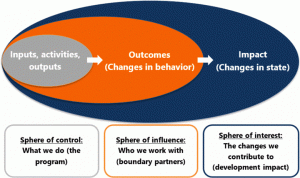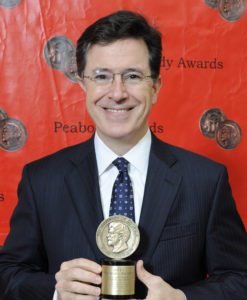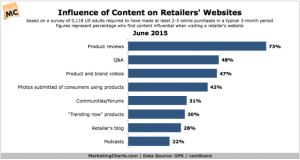
Ruthlessness and competitiveness tend to be attributes associated with individuals in the world of business. This has been typified by Gordon Gekko in Wall Street and Ayn Rand’s novel, Atlas Shrugged. Meanwhile, kindness is often an afterthought and sometimes seen as an inconvenience.
But a wave of successful entrepreneurs and philanthropic business leaders are continuing to demonstrate how being kind can be good for business. At the same time, others are being shunned for their less-than-friendly behaviour.
Global leaders and the power of kindness
A host of entrepreneurs and world business leaders talk far more about championing social causes than they do about profitability. Bill Gates is not only one of the world’s wealthiest individuals, he’s also one of the most charitable. The Microsoft founder has given away around $ 27 billion in donations during his lifetime, yet he is still worth an estimated $ 75 billion dollars.
Through The Gates Foundation he is also looking to completely eradicate malaria. At the same time, Facebook’s Mark Zuckerberg is been looking to help “cure, prevent or manage all diseases in our children’s lifetime” through the Chan Zuckerberg Initiative.
Would-be space traveller and billionaire Richard Branson states that “the brands that will thrive in the coming years are the ones that have a purpose beyond profit.” Virgin Money UK recently spread the good will by getting involved in Random Acts of Kindness Day by surprising the friends and families of their customers with gifts.
However, you don’t need to be a billionaire to make a positive impact. All varieties of businesses can offer something that both boosts their reputation and genuinely helps people.
In London, the removals company AnyVan have dedicated one of their vans to performing good causes for free. Their “Magic Van” has helped charities such as Shelter, The British Heart Foundation and UAREUK. In the latter case, more than two tonnes of clothing were transported from England to Wales for Syrian refugees.
Why it pays to be philanthropic
In 2015, Fortune launched their Change the World list which showcased a collection of companies who were ‘doing well by doing good’. It showed a way of achieving both positive social impact whilst improving business performance. Importantly, it shows the two aren’t mutually exclusive.
Fortune found 50 companies that were making positive contributions that directly benefited their business. Coca-Cola made it onto the list for training 1.2 million women entrepreneurs from impoverished backgrounds in 60 countries through the 5by20 initiative. This included providing access to financial services, assets, and support networks of peers and mentors. A study of the 5by20 participants in South Africa saw an average of 44% growth in business sales.
This new wave of kindness has been called ‘conscious capitalism’. Others refer to it as simply having a heart. Either way, giving can be profitable. A 2014 study found that 55% of global online consumers across 60 countries said they were willing to pay more for products and services provided by companies that are committed to positive social and environmental causes.
The successes of these businesses follows what is known as “impact investments”, which according to the Global Impact Investing Network are “investments made into companies, organizations, and funds with the intention to generate social and environmental impact alongside a financial return.” It’s important to note that impact investing is predicted to be worth a staggering $ 500 billion by 2020.
The damage done by being heartless
In contrast to Fortune’s ‘doing well by doing good’ ethos, businesses should be aware of the risks of not being nice. A bad reputation lasts years, and the damage can be devastating and almost irreversible.
Take Nestlé; they were deemed to have aggressively marketed formula milk in developing countries even though it had detrimental effects on the health of both mothers and babies. As such, Nestlé products were boycotted in the US from 1977 to 1984. In the UK, Nestle products are still boycotted: Baby Milk Action held their Nestlé-Free Week from 28 October to 4th November 2016.
However, Nestlé is now on the Fortune Change the World list for its efforts to pack its products with essential vitamins, especially in low- and middle-income countries. So perhaps doing good now could be a way to make amends for doing bad in the past.
But as Nestlé know very well, a bad reputation can be hard to shake. It takes years of hard work and genuine charitable endeavour. Writing in The Guardian, Matthew Jenkin states that “in a world of total transparency global firms which trumpet their values and ethical practices at home but fail to meet their own high standards elsewhere open themselves up to accusations of hypocrisy.”
It seems that the way for businesses to be appreciated as good is not just by hiring a good PR firm, but by actual being good. For inspiration, you need to look no further than Andrew Carnegie.
Carnegie, a 19th-century industrialist who gave away almost 90% of his fortune, set out his philosophy in an article titled ‘The Gospel of Wealth’, calling for the rich to redistribute their surplus means in a responsible and thoughtful manner. One Carnegie quote stands out amongst the rest: “No man can become rich without himself enriching others.”
Digital & Social Articles on Business 2 Community(41)







